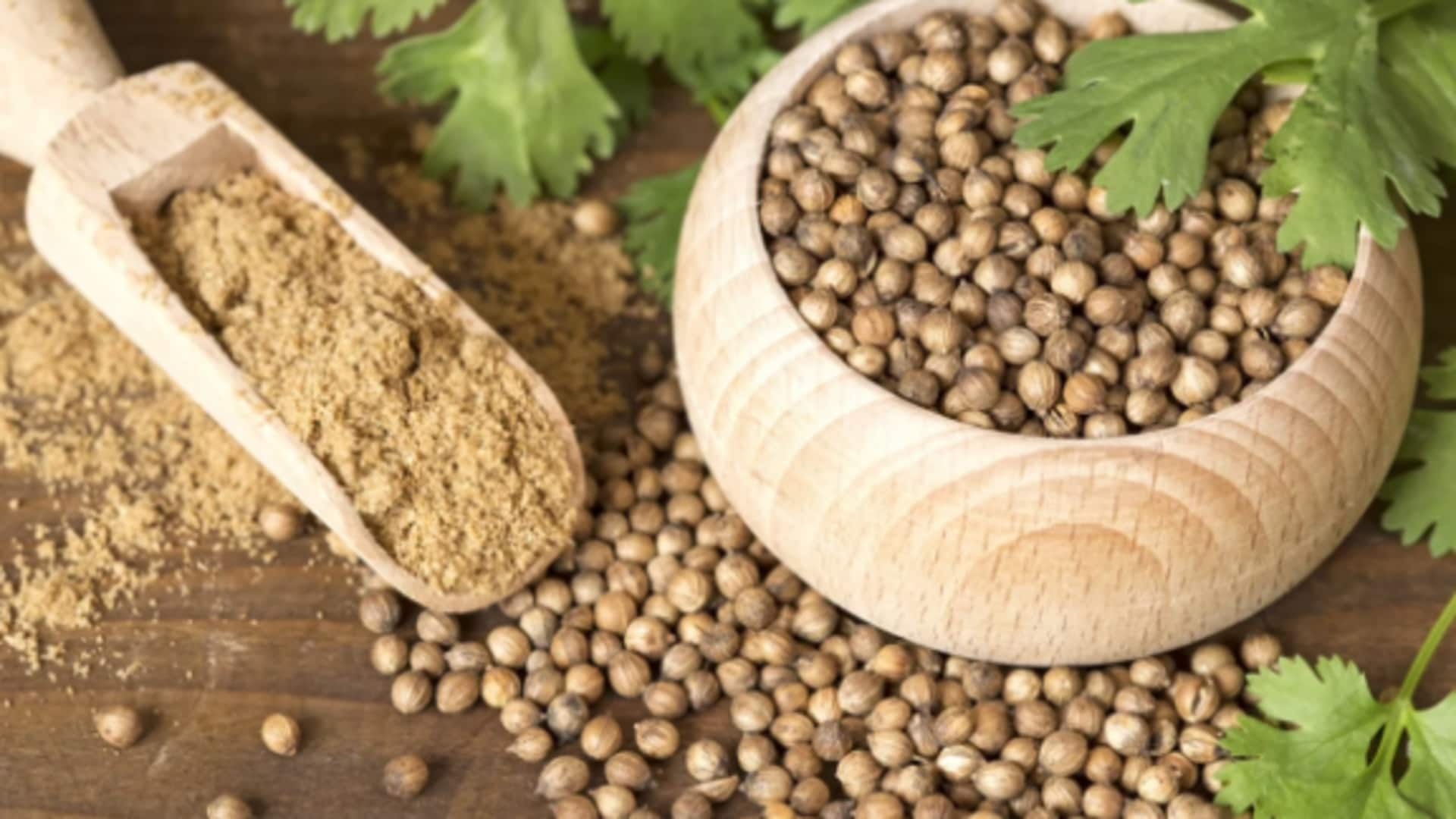
Coriander's blood sugar regulation benefits explored
What's the story
The humble coriander, a staple herb in many world cuisines, holds a secret superpower beyond its fragrant flavor. It shines as a natural ally in managing blood sugar levels. This article explores how adding coriander to your culinary repertoire can benefit those striving to maintain balanced blood sugar levels. It is a natural complement to prescribed medications, not a replacement.
Blood sugar control
A natural approach to managing diabetes
Research indicates that coriander seeds possess the ability to significantly reduce blood sugar levels by prompting insulin release. This action facilitates the conversion of glucose within the body, subsequently decreasing the concentration of sugar in the bloodstream. For diabetic patients or those with prediabetes, incorporating coriander into their meals may offer a beneficial complementary natural remedy alongside their regular medications.
Health boost
Rich in antioxidants
Coriander is full of antioxidants that shield your cells from damage caused by harmful molecules called free radicals. These antioxidants help prevent serious complications of diabetes, like heart disease and nerve damage. So, by adding coriander to your diet, you're not just controlling your blood sugar levels but also strengthening your body's defenses against other health issues.
Digestive aid
Dietary fiber content
The dietary fiber in coriander facilitates digestion and contributes to a healthy gut flora. Fiber is crucial for regulating the absorption of sugar into the bloodstream, ensuring a steady and gradual rise instead of sudden spikes. Thus, coriander can be a beneficial accompaniment to meals for individuals managing their glycemic index.
Versatility in use
Easy incorporation into diet
The beauty of coriander lies in its versatility; it enhances without overwhelming, making it a perfect addition to many meals. Whether you're adding a sprinkle of fresh leaves to your salads or using ground seeds to add depth to your sauces and curries, there are plenty of ways to enjoy the benefits of coriander without having to make major changes to your diet.
Verdict
Conclusion tip: Start small
If you're not used to the taste of coriander or are trying it for the first time for blood sugar control, it's a good idea to start with a small amount and gradually increase it as per your liking and tolerance. Keeping an eye on how your body reacts will help you strike the perfect balance between taste and nutrition without going overboard.